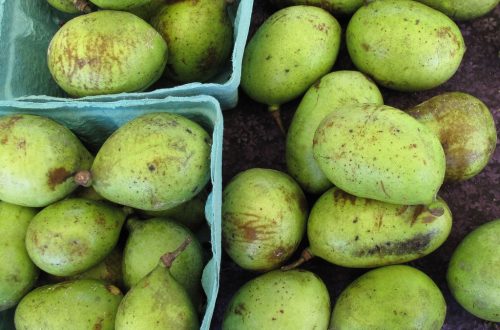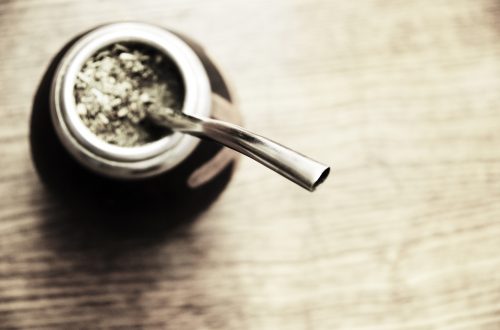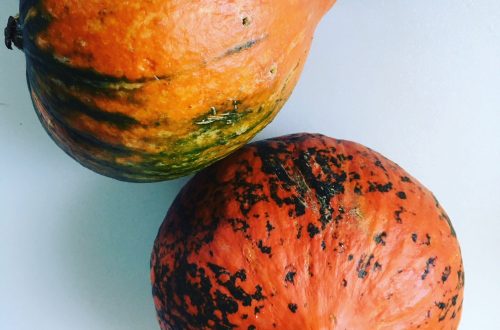Why Women Should Consume Raspberry Leaf.
Fruit bearing plants and trees are typically known for the fruit they bear more than for their leaves. However the leaves are just as nutritious if not more so than the fruit and there are numerous nutrients and medicinal properties found in the leaves. In blog posts to come I’ll cover an array of fruit bearing plants and the benefits of their leaves. This blog post will be about the raspberry plant more specifically the raspberry leaf.
Let’s talk a little bit about the history and origins of the raspberry plant. Raspberries are perennial and are a cousin to the rose family. Their stems are woody and just like a rose bush the plant has thorns. They are a hardy plant and easy to grow, however they are quite invasive and will spread very quickly. Red raspberry is reported to have originated in East Asia and in parts of Europe. Once Europeans came to North America the red raspberry plant arrived, however in North America the black raspberry plant was already native to the land and being used by the Native Americans. The indigenous people of America were eating black raspberries and using the leaves for medicinal purposes. The leaf of the raspberry plant was particularly useful for Native women, it helped to relieve menstrual cramps, nausea and labor pains during child birth. Shortly after European invasion, the red raspberries were crossed with the native black raspberries. An interesting side note is unlike the black raspberry, the red raspberry will produce a yellow raspberry which is a genetic mutation that only occurs in the red raspberry plant.
 |
| Black & Red Raspberries |
According to Wellness Mama, raspberry leaf is high in magnesium, potassium, iron and b-vitamins, which helps with the overall health of a woman. The leaf also has a high concentration of vitamin C which aids the immune system. The website Natural Fertility Info states raspberry leaves are high in citric acid, carotenoids, tannins, vitamins A, E and have assimilated forms of calcium, silica and phosphorus.
 |
| Wild black raspberry leaves |
Below is a list of the wonderful benefits of raspberry leaf:
- Helps with leg cramps.
- Helps with nausea.
- Ease the symptoms of PMS.
- Improves uterine health.
- Helps cool the body down (reduces fever).
- Assists in preventing heavy menstrual bleeding.
- Regulates menstrual cycles.
- Gum disease.
- Helps with conceiving a baby.
I personally find raspberry leaf tea to be delicious. Its taste is similar to black tea (of course without the caffeine) and I can detect a slight raspberry taste. I no longer have menstrual cycles so I cannot attest to the tea helping in that area however I sometimes get hot flashes at night and I noticed if I drink a cup before going to bed my body temperature is cooled down and I don’t sweat as much when I sleep.
| My raspberry leaf stash. |
Raspberry leaf is such a great, great herb to try especially if you are a woman and even more so if you are pregnant or interested in conceiving.
A special note: When taking herbs always do your own research and consult with your holistic or homeopathic doctor. My blog is always to inform, educate and give you my own personal experiences pertaining to indigenous food and herbs.
Peace & Wellness,
Native Batch



